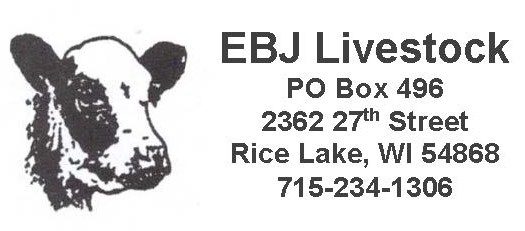Sustainable sourcing is one of five key objectives McDonald’s is pursuing in the coming years – along with food/nutrition, people, community and planet.
Customers’ expectations are changing dramatically, Langert noted, which requires the global fast-food giant and its 34,000 restaurants in 120 countries to likewise respond to those demands.
“If we didn’t,” Langert said, “we’d die and wither away.”
The objective is also to grow the company and also the business of its suppliers – with beef being a key objective in that drive.
“What we’re doing is trying to drive our business forward, sell more beef and get more customers,” Langert said. “We’re convinced that this type of work can bring more customers in the door, more loyal, more often, more frequently, build our brand health, and by us benefitting – you’re going to benefit.”
There is no company culture in the world that is more democratic, more inclusive, more collaborative than McDonald’s, and that’s the way we’re going to be on this issue as well.”
Langert said beef producers should have a heavy stake in the process that will “rationally and scientifically” create a definition of sustainable beef – a definition the company doesn’t have right now.
“Are we going to let the activists and the few elite people that are trying to define sustainable food to define it for us. We don’t want that to happen. Let’s take charge in defining what’s sustainable beef that’s good for all of us.”
Langert gave no specifics in which way the company was leaning on how to define sustainable. The company will work through the Global Roundtable for Sustainable Beef, a working group that includes Cargill, JBS, Elanco, Merck, Walmart and the NCBA.
When asked in follow-up interviews how the discussion would include antibiotics, growth promotants and hormones, Langert said “all those things are on the table.”
“It’s less about the different technologies, processes and programs – not that any one of those aren’t important. At the end of the day we need to have proof points that the impacts on people are getting better and we can prove it.
“I’m interested to see the work o the Global Roundtable as they look at hormones, and antibiotics and other issues, which are very tricky. We certainly want to have this led by science. That’s a big wish of ours. Let’s remove a lot of the emotional debate out there, and get good rational scientific debate.”
The ability to quantify and measure sustainability among beef producers was a frequent message from Langert, who praised NCBA for its cattle life cycle assessment studies showing actual data proving sustainable progress.
If producers are thinking they’re already sustainable, Langert said, that may be true. “But just thinking you’re sustainable isn’t enough anymore. You have to prove it. You have to have evidence points.”
Asked by audience members if beef producers need to improve any phases of production related to sustainability, Langert said “stepping up to the table as a producer community to be part of defining sustainable beef, to measure and report progress, to share, and to be more transparent – they’re all things the producer community can do – and be open to change.”
The industry, he added, should aim for 100 percent transparency. “If you’re not proud of what you do, don’t do it.
“If people don’t understand agriculture and food, but if we keep not sharing, they’re going to continue not understanding. Otherwise the enemy is going to beat us. We’ve got to be more transparent than them.” ![]()
PHOTO
McDonald’s Vice President of Sustainability Bob Langert.









